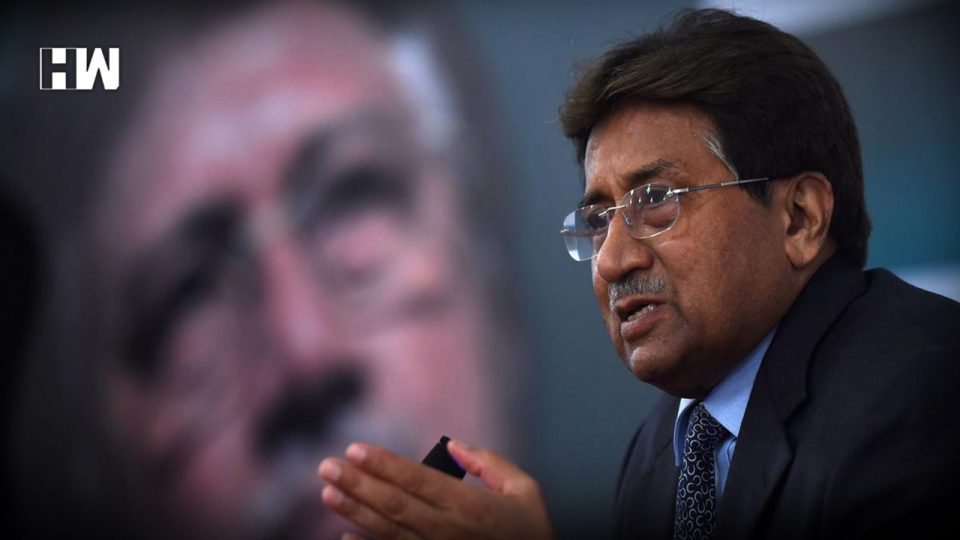Musharraf was accused of suspending the constitution and imposing emergency rule in the country in November 2007
ISLAMABAD| On Tuesday Former Pakistan President Pervez Musharraf has been sentenced to death by a Pakistan court in the high treason case, Pakistan media reports. The special three-member bench decided the judgment for the former military dictator to death today. The long-drawn high treason case against Musharraf for suspending the constitution and imposing emergency rule in the country in November 2007, a punishable offense for which he was indicted in 2014.
Pervez Musharraf, 76, has been living in exile in Dubai since March 2016 after he left Pakistan for medical treatment and has not returned since citing health and security. Since then, he has spent most of his time between Dubai and London. In March, he was admitted to a hospital in Dubai after suffering from an ailment.
The treason case against Pervez Musharraf was initiated by former Prime Minister Nawaz Sharif. The trial was pending since 2013.
The 2007 emergency had sparked protests against Musharraf, leading to his resignation in the face of impeachment proceedings.
The special court had ordered Musharraf to record the statement by December 5. The three-judge bench announced the verdict it had reserved on November 19, the Dawn newspaper reported.
Musharraf had challenged the special court verdict and sought suspension of his trial in his absence. He asked the Lahore High Court to suspend the special court’s reserved verdict until he is healthy enough to appear before the court.
“Musharraf wanted to record his statement and was ready to visit Pakistan but he wanted foolproof security which was not provided,” his lawyer Akhtar Shah said. “He is still in Dubai and sick.”
The former Pakistan President was declared an absconder as he failed to appear in court despite repeated summons and the court issued a directive to the country’s Federal Investigation Agency (FIA) to arrest him.
Also Read: Musharraf ‘growing weaker’ from unspecified illness, can’t return to Pakistan now: party leader
Musharraf became a key US ally in the “war on terror” and escaped at least three Al-Qaeda assassination attempts during his nine years in office.
His rule faced no serious challenges until he tried to sack the chief justice in March 2007, sparking nationwide protests and months of turmoil that led to the imposition of a state of emergency.
After the December 2007 assassination of former prime minister Benazir Bhutto, the national mood soured further and he was left isolated by the crushing losses suffered by his allies in February 2008 elections.
As an independent media platform, we do not take advertisements from governments and corporate houses. It is you, our readers, who have supported us on our journey to do honest and unbiased journalism. Please contribute, so that we can continue to do the same in future.

